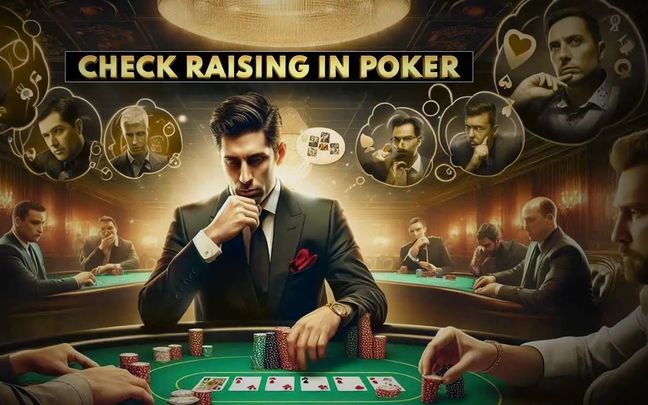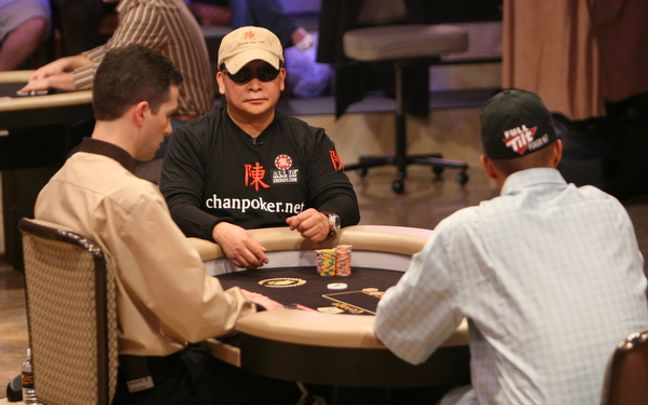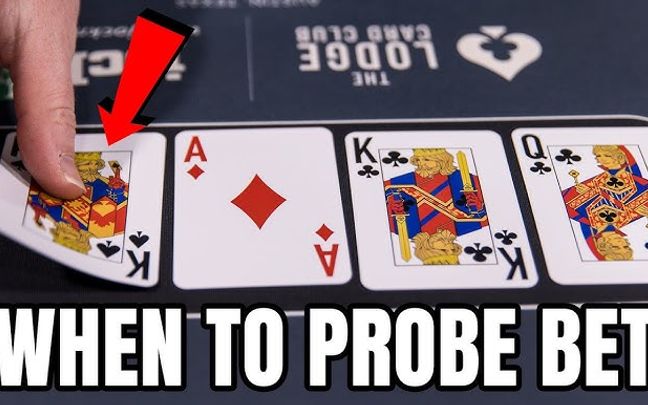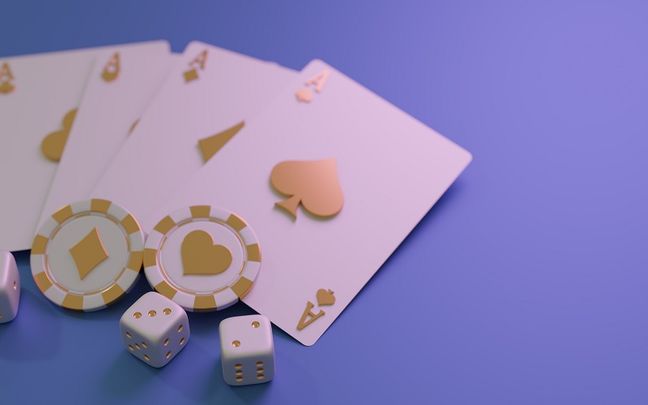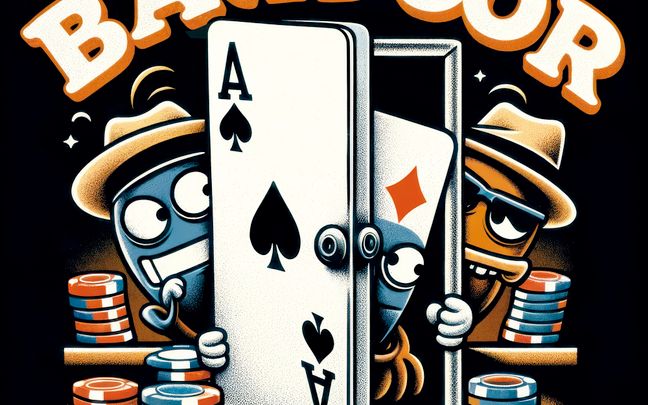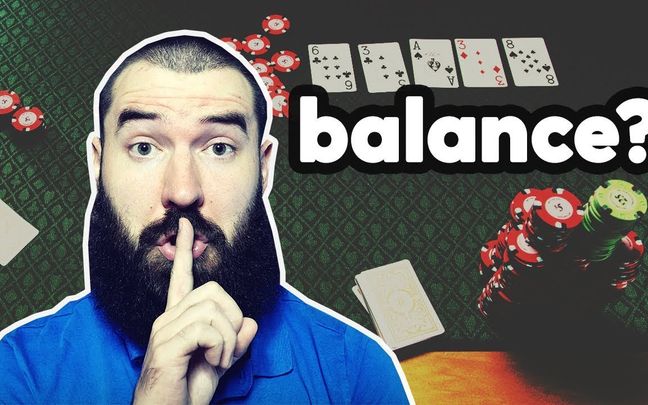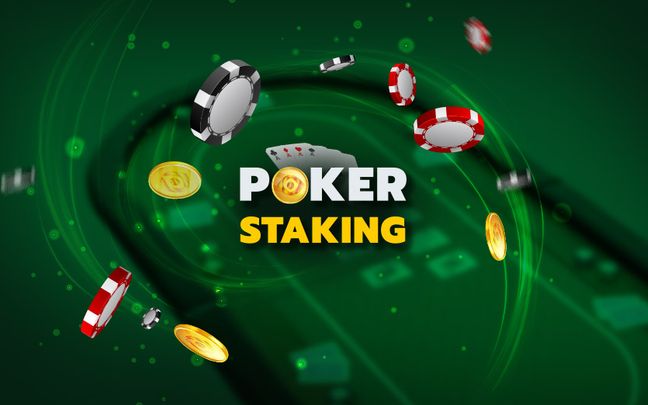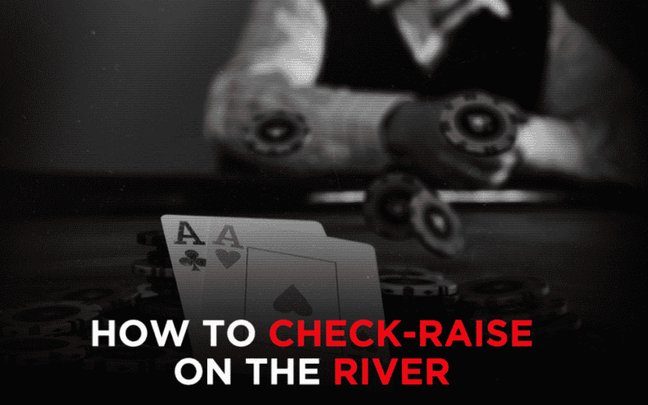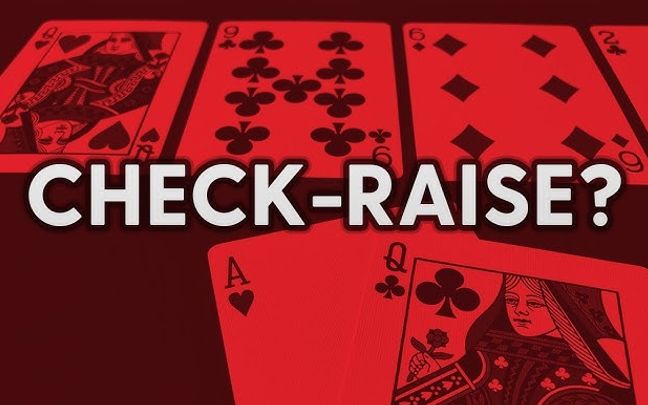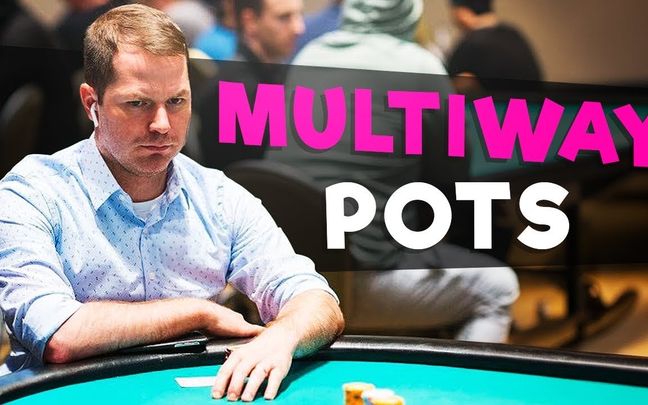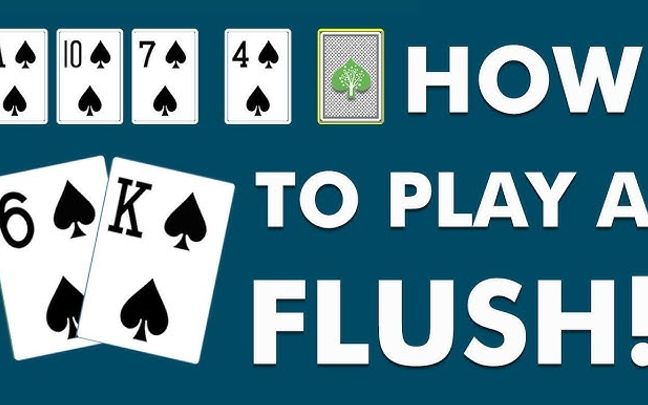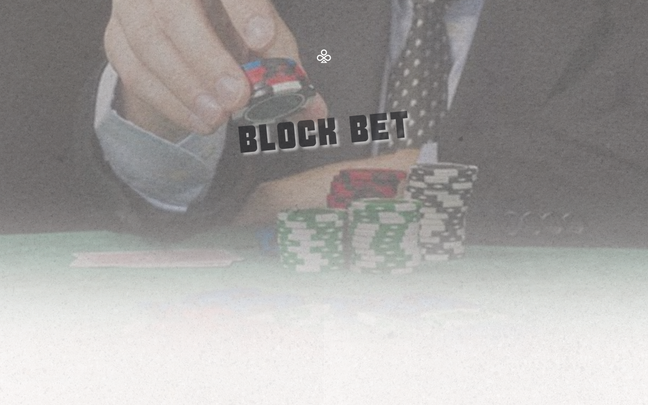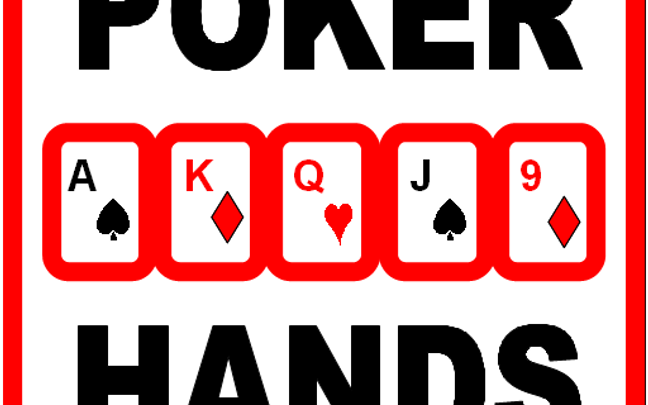Learning poker is not just about learning how to play cards, but also about developing strategic thinking and emotional control. This article will help you understand why learning poker systematically is important, as well as provide a guide for beginners on how to approach their poker learning journey.

Why is it important to learn poker systematically?
Learning poker systematically is essential if you want to improve your skills or become a professional player. This game is not just based on luck; it requires strategic thinking, the ability to analyze, and decision-making based on incomplete information.
Learning poker systematically helps you calculate probabilities, analyze opponents, develop long-term strategies, and understand how to manage finances, especially bankroll management, in order to make smart bets and avoid losing control. At the same time, you will minimize costly mistakes, recognize opponents' traps, and make the most of your position at the table.
Poker is also a psychological game, where you need to "read" your opponents and control your own emotions. Systematic poker training helps you identify signs of "tilt" (losing emotional control), use body language and psychology to gain an advantage, thus increasing your chances of winning, especially in professional tournaments.
Moreover, learning poker opens up opportunities for networking and connecting with the community, where you can learn from better players and share experiences.
In conclusion, it is a valuable investment in both skill development and strategic thinking.
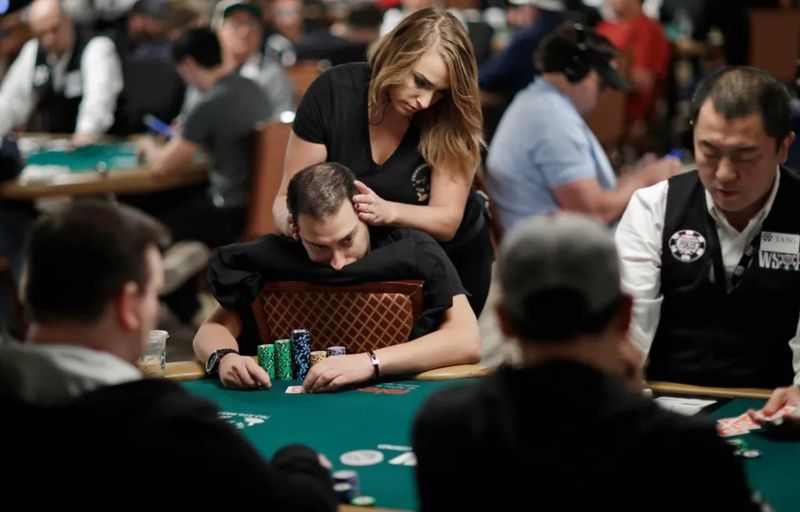
The Path to Learning Poker Systematically
Learning poker is not just about getting familiar with the rules; it is also a journey of developing strategic thinking, emotional control, and analytical skills. This is a game of intellect that requires patience and discipline to reach a high level.
If you want to learn poker systematically, the following path will help you build a solid foundation and improve your skills step by step.
Learn the Basic Rules
First, start by mastering the basic rules. You need to understand how to play different variants, such as Texas Hold’em or Omaha, know the strength hierarchy of hands (the hand rankings), and understand the betting rounds (pre-flop, flop, turn, river).
This is the first step to help you gain confidence and enjoy the excitement of poker.
Learn About Blind Structure and Its Significance
The blind structure is a key factor that determines the pace and strategy of the game in poker. If you want to learn poker, you should also learn how to adjust your play based on the current blind levels. Knowing when to play defensively or aggressively will help you maximize your chances of winning.
Familiarize Yourself with Basic Strategies
Poker is not just about having strong hands; it is also a game of strategy. To learn poker, you need to understand:
- Pre-flop strategy: Deciding which hands to play depending on your position and the blind.
- Post-flop strategy: Knowing how to play when community cards appear, based on your hand and your opponent's possibilities.
- Pot odds: Calculating the odds of winning based on the pot size and the cards you are missing to make the right decision.
Develop Your Ability to Read Other Players
A good poker player not only relies on their hand but also on their ability to read their opponents. Learn to observe your opponent's tells, from their gestures and facial expressions to their betting patterns. Understanding their playing style (tight, loose, aggressive) will help you make more accurate decisions.
Effective Bankroll Management
Bankroll management is an essential skill for playing poker long-term. Set limits on how much money you are willing to play each day or in each tournament. This helps prevent you from getting caught up in losing hands and keeps the game sustainable.
Practice in Small Stakes Games
After mastering the basics, participate in small stakes games or freerolls. These are ideal places for you to test your strategies and get used to the pressure of facing real opponents.
Learn Advanced Strategies
Once you have mastered basic poker, continue to delve deeper into advanced strategies, such as:
- Bluffing: Learning how to deceive opponents with betting actions that do not reflect the true strength of your hand.
- Value Betting: Maximizing the value of strong hands to increase the pot size.
- Reading Hand Ranges: Using your opponent's play to deduce what hands they may have, adjusting your strategy accordingly.
Analyze Played Hands
Review the hands you have played to identify strengths and weaknesses in your play. Use support software like PokerTracker to track your history and statistics, helping you improve step by step.
Join the Poker Community
Connect with other players through online or offline poker communities. These are places where you can learn from others' experiences, exchange strategies, and stay updated on new trends in the game.
Watching livestreams or participating in poker forums will help you expand your knowledge quickly.
Strengthen Your Mental Toughness
Poker is not just a skill game; it is also a mental battle. You need to learn to control your emotions, stay calm when losing, and not let tilt (negative emotions) affect your decision-making. A stable mindset is key to success in poker.
Compete in Tournaments
After learning poker and gaining confidence in your skills, participate in poker tournaments, from small-scale to large ones. Tournaments are not only opportunities to learn but also help you develop a more comprehensive strategic mindset.
Continuous Improvement
Poker is a game of continuous development. You need to keep learning, adjusting strategies, and updating your skills. Perseverance in learning and practicing poker will help you reach the top of the game.

Learning poker is a long journey. But with the above methodical roadmap, you will gradually develop and achieve success.
